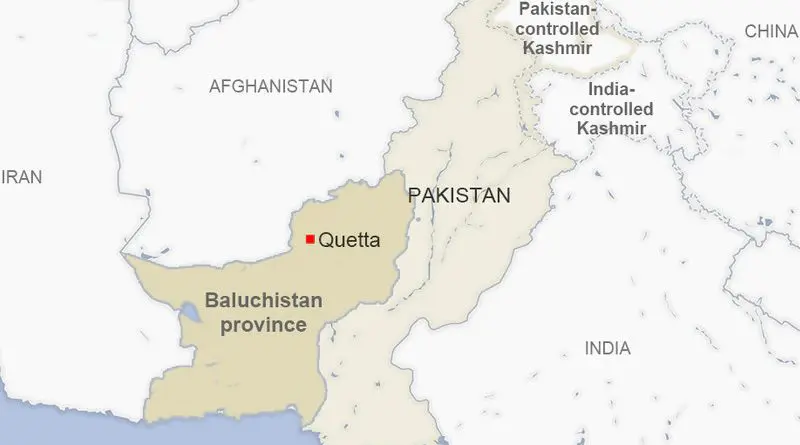Drawbacks Of Education System In Balochistan: The Way Forward – OpEd
n the vast expanse of Balochistan, where the mountains touch the sky and the desert stretches as far as the eye can see, lies a challenge that defines the dreams of its people: education. My own journey through Balochistan’s education system paints a picture of struggle and hope, reflecting the experiences of many others like me.
During my time in middle school, I faced a tough situation. Despite doing well in my studies, the teachers struggled to teach us properly. They tried their best, but with low pay and not enough resources, it was hard for them to give us the education we deserved. Even private schools, which people thought would be better, weren’t much help. They cared more about making money than about giving us a good education. Furthermore, even in private schools, I witnessed owners sending their children to elite institutions rather than admitting them to their own schools. This glaring disparity suggests that the owners themselves recognize the inadequacies of the schools they oversee, thus raising serious concerns about the quality of education being provided.
Moving on to high school, things didn’t get much better. Cheating was everywhere, making it hard to focus on learning. It felt like our education was slipping away from us. Furthermore, the higher education system in Balochistan is outdated. The syllabus includes subjects that are no longer relevant in today’s world. Additionally, many teachers are unqualified and lack the necessary skills to effectively teach. They are often hired based on their ability to memorize multiple-choice questions and content solely for exam clearance, rather than their ability to deliver quality lectures. With teachers of this caliber, it’s challenging to produce students who can compete on international standards. Moreover, the research culture in Balochistan is lacking, with many researchers resorting to plagiarism instead of conducting original studies. This culture of academic dishonesty further undermines the quality of education in the region.
But even in the midst of all these challenges, there’s still hope. The question of how and when Balochistan’s education system will improve is a big one, and it needs answers. First, we need to admit that there are problems holding us back. We need to support our teachers better by giving them more training and resources. We also need to make sure that everyone follows the rules and values learning. But fixing education in Balochistan isn’t just up to the teachers. It’s up to everyone the government, the community leaders, and even the students themselves. We all need to work together to make things better.
So who holds the key to change? The answer is simple: all of us. From government officials to community leaders to parents and students, each of us plays a role in shaping the future of education in Balochistan. But where do we start? The first step is acknowledging the problems that exist. We can’t hope to fix something if we don’t understand what’s broken. From there, we need to come together to develop concrete plans for improvement.
One area that is in desperate need of attention is teacher training and support. Teachers are the backbone of any education system, and yet in Balochistan, they are often undervalued and undertrained. By investing in ongoing professional development and providing teachers with the resources they need to succeed, we can ensure that every child receives a quality education. Equally important is the need to address the culture of cheating that pervades many schools in Balochistan. Cheating not only undermines the value of education but also perpetuates a cycle of dishonesty that is difficult to break. By promoting honesty and integrity in our schools, we can create an environment where students are encouraged to learn and grow. Of course, none of this will be easy. It will require dedication, determination, and a willingness to confront the entrenched interests that benefit from the status quo. But if we truly believe in the power of education to transform lives, then we must be willing to fight for it.
In conclusion, the time for change is now. Let us come together as a community to demand better for our children and future generations. By working together, we can unlock the potential of Balochistan’s education system and ensure that every child has the opportunity to succeed. The future is in our hands – let’s make it a bright one.

